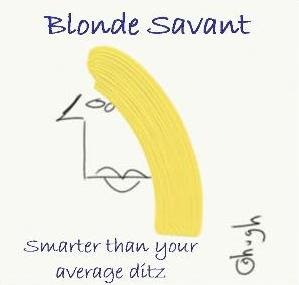I have been dreading writing this review. I did not care for this book at all. As an intellectual exercise, it serves a purpose. The universe of the book is well constructed and solid. The style of writing is one that I actually gravitate toward. But as an enjoyable read, for me it fails utterly. Everything had a sort of clinical distance to it, a sort of coldness that made it hard to relate to the characters. This was one of my biggest issues with this book. In the previous book, the characters were more relatable, more human. In this one, it's as though the author is just reporting events that happened with little to no insight into their reasoning or development. Yes, we do get an inner monologue for Paul and Alia, but it is fairly limited to their observations of the events they witness and descriptions of what their visions are like, but not much actual content. We are also told over and over that their "powers" are limited, but the only real evidence of this is what ends up happening to Chani. Granted, that was a huge blow to Paul, but I still question why it was completely out of the question to make her a ghola, aside from the possibility that she would not turn back into herself. The question of her posing a danger to Paul seemed bizarre after Paul was successful with Duncan Idaho, who posed a greater threat to Paul than Chani could.
That is a minor point though compared to my major complaint with this book. The Bene Tleilex. I mean, really. You are, in all seriousness, explaining the existence of the apparent nemeses of the Bene Gesserit, even though they did not exist at all in the first book. Where did they come from? The whole thing just screams plot device to me. And not even a good one. When you have an enemy that can change their appearance at will and create analogs of people that were dead, can even raise the dead, then you essentially have a group with unlimited power. Then you have to beat this enemy by being even more powerful.
I am a firm believer in limitations. Limitations are a catalyst of creativity. Without limitations it is very difficult to avoid a stagnant story. That's how I feel about Dune Prophet; it's stagnant. Reading it felt like I was treading water. I want a story that pulls at me like ocean tides. This was a chore to trudge through.
Sunday, December 13, 2009
Subscribe to:
Comments (Atom)

